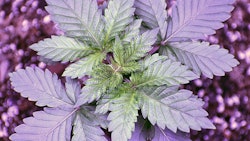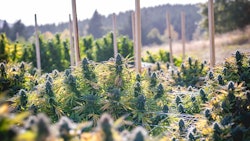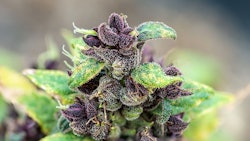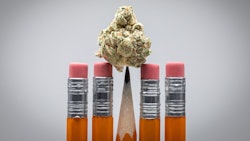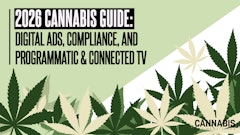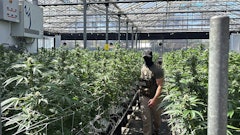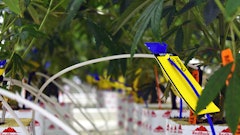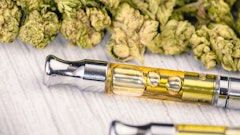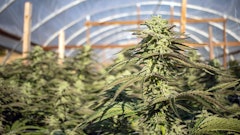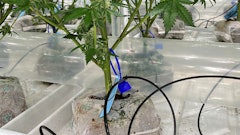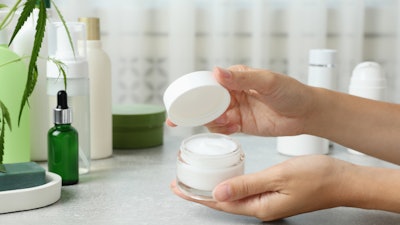
A study published in the JAMA Network Open July 20 discovered that most topical CBD products are inaccurately labeled and make therapeutic claims which are not approved by the U.S. Food and Drug Administration (FDA).
From March to June, John Hopkins Medicine studied 105 topical CBD products (lotions, creams, and patches) from online and brick-and-mortar stores. “Forty-five products from 29 companies were purchased from 7 different stores in [Baltimore, Md., in July and August 2020], and 60 products from 39 companies were purchased online,” according to the study.
According to a press release from Hopkins Medicine, the “products were tested using a technology called gas chromatography-mass spectrometry to identify the actual amount of CBD and THC they contained.”
Of the 105 products, 89 advertised the total amount of CBD in milligrams on the label, 16 contained less CBD than marketed, 52 had more CBD, and only 21 were adequately labeled, according to the study.
“Misleading labels can result in people using poorly regulated and expensive CBD products instead of FDA-approved products that are established as safe and effective for a given health condition,” Tory Spindle, Ph.D., assistant professor of psychiatry and behavioral sciences at the Johns Hopkins University School of Medicine and the study’s lead author said in the release.
According to the study, products purchased in-store averaged 21% more CBD than advertised, and online products averaged 10% more.
Researchers also found that 37 of the products–10 purchased in-store and 27 online–contained less than 0.3% of delta-9 THC, the cannabinoid that differentiates hemp from cannabis. Though that percentage is within the legal limit under the 2018 Farm Bill, only 14 of those 37 products stated they contained less than 0.3% THC on the label–four were labeled as “THC free,” and 19 had no reference to THC, according to the release.
In addition, the study also found 29 of the products made a therapeutic claim, mostly related to reducing or alleviating pain and inflammation. “Fifteen (14%) made a cosmetic/beauty claim (e.g., that they alleviate wrinkles or nourish/improve skin) and 49 (47%) noted they were not FDA approved. The other 56 (53%) products made no reference to the FDA,” the release states.
“The variability in the chemical content and labeling found in our study highlights the need for better regulatory oversight of CBD products to ensure consumer safety,” Ryan Vandrey, Ph.D., professor of psychiatry and behavioral sciences at the Johns Hopkins University School of Medicine and the study’s senior author, said in the release.










